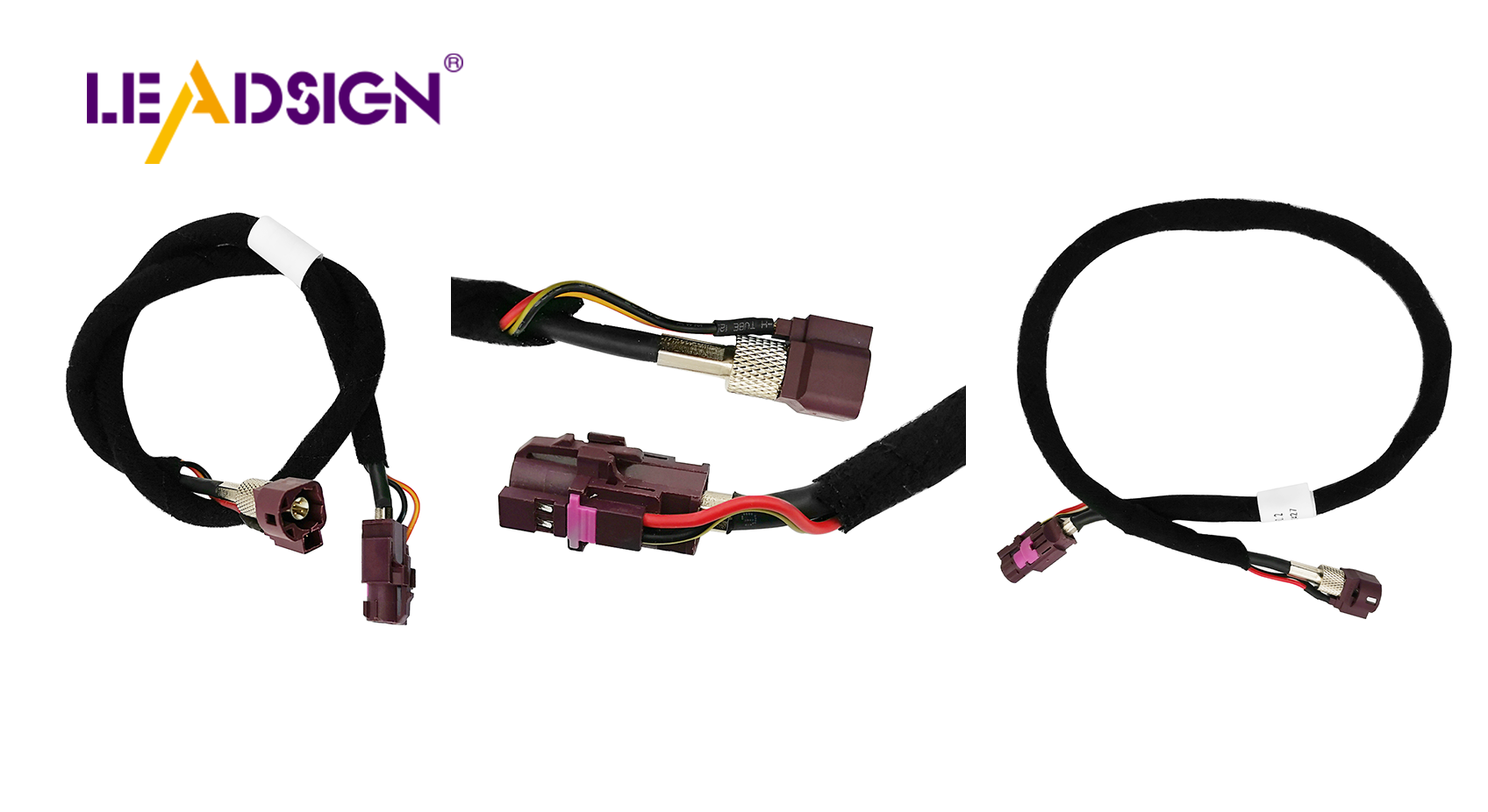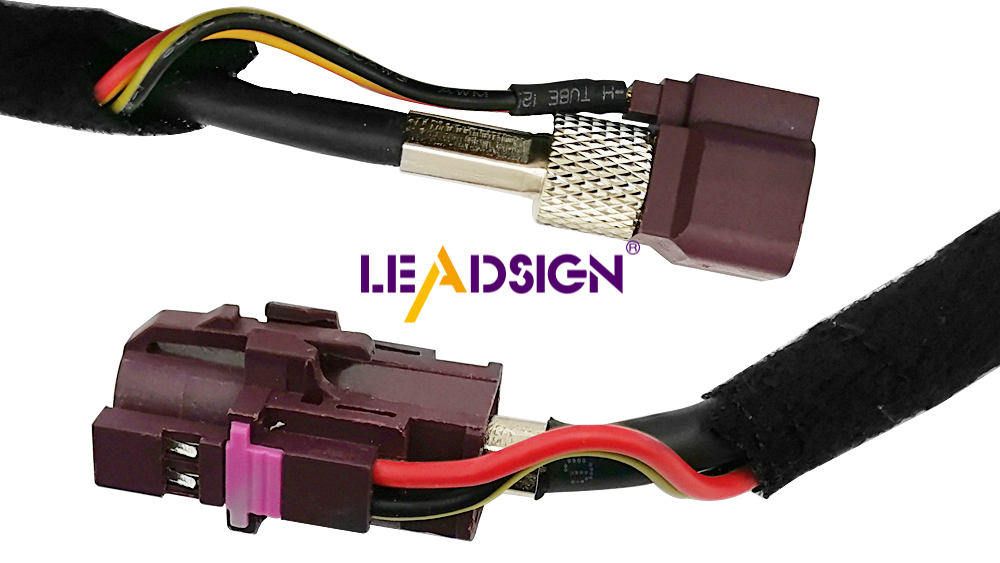Top Car Wire Connector Types for Reliable Connections

Good wire connections in your car are very important, especially when it comes to automotive wire connectors. If they break, you might have problems like lights not working or engine trouble. Did you know worn-out connectors can hurt your car's performance? Picking the right types of wire connectors automotive is key to avoiding these issues. There are many types of connectors to choose from in the automotive industry. They help your car run well and safely. Knowing how important these connections are can stop surprise breakdowns and save money on repairs.
Understanding Car Wire Connectors
What Are Car Wire Connectors?
Definition and Purpose
Car wire connectors are key parts of your car. They keep systems connected so everything works well. Think of them like glue for your car's wires. Without them, brakes or lights might not work.
Importance in Automotive Systems
You need these connectors to drive safely. They help with engine and power control. Over time, they can wear out and cause problems. Checking them often keeps your car safe.
Key Features of Quality Connectors
Durability and Material
Pick strong connectors that last. Good materials mean fewer changes and better performance. Strong ones keep your car working right.
Compatibility with Vehicle Systems
Make sure connectors fit your car's systems. Wrong ones can cause issues. Always check they match what your car needs to avoid breakdowns.
Types of Wire Connectors Automotive

To keep your car working well, you need to know about different wire connectors. Let's look at some common ones and see why they are special.
Crimp Connectors
Crimp connectors are often used in cars. They hold wires tightly by squeezing them together.
Types of Crimp Connectors
Butt Connectors: Join two wires simply and easily.
Ring Connectors: Attach wires to screws securely.
Spade Connectors: Easy to attach and remove when needed.
Advantages and Disadvantages
Advantages:
Simple with the right tools.
Strongly hold wires together.
Come in many sizes for different jobs.
Disadvantages:
Need a crimping tool to use.
Bad crimping can make weak links.
Solder Connectors
Solder connectors melt metal around wires for a strong link. They last long and work well.
Types of Solder Connectors
Solder Seal Wire Connectors: Use heat to seal against water.
Solder Lugs: Good for tough jobs needing strong links.
Pros and Cons
Pros:
Carry electricity very well.
Make lasting connections.
Resist shaking and rust.
Cons:
Need heat to connect properly.
Take longer than crimp types.
Quick Connectors
Quick connectors let you join wires fast without tools.
Types of Quick Connectors
Blade Connectors: Slide in place, good for fuse boxes.
Bullet Connectors: Easy to disconnect, great for temporary links.
Benefits and Drawbacks
Benefits:
Fast and simple to use.
No tools needed.
Best for changing connections often.
Drawbacks:
Not as tight as other types.
Can loosen if not fixed well.
Pick the right connector based on what you need and where your car is used. Whether it's crimp, solder, or quick types, knowing their features helps you choose wisely for safe car connections.
Choosing the Right Connector
When picking a car connector, think about key things. This helps your car run well and safely.
Factors to Consider
Electrical Needs
First, check your car's electrical needs. Different systems need different connectors. Make sure it handles your car’s voltage and current. This stops overheating and keeps connections stable.
Environment Conditions
Next, think about where you drive. In wet or dusty places, pick connectors that resist water and dirt. Sealed ones like AMP Superseal protect well. This keeps connections strong over time.
Installation Tips
Installing connectors right is important. Here are some tips to help.
Needed Tools
Use the right tools for the job. A crimping tool is key for crimp connectors. For solder types, use a soldering iron. Right tools make it easier and secure.
Mistakes to Avoid
Avoid mistakes to keep connections strong. Don’t rush installation; take time to fit well. Strip wires properly before connecting them. This ensures good contact and prevents problems later.
Choosing the right wire connectors helps your car work better. By checking electrical needs, environment, and using proper tools, you ensure lasting connections.
Picking the right connector is key for your car. Good quality and fit help it run well. Strong connections stop sudden problems and expensive fixes. Knowing wire connector types helps a lot. Always choose what fits your car best. This keeps your car safe and working smoothly.
See Also
Maximizing Automotive Data Transfer: Cutting-Edge Connectors and Cables
Transforming Automotive Connections: The Benefits of HFM Connectors
The Significance of FAKRA Connectors in Automotive Uses
Improving Data Transfer: The Significance of High-Speed Automotive Connectors

